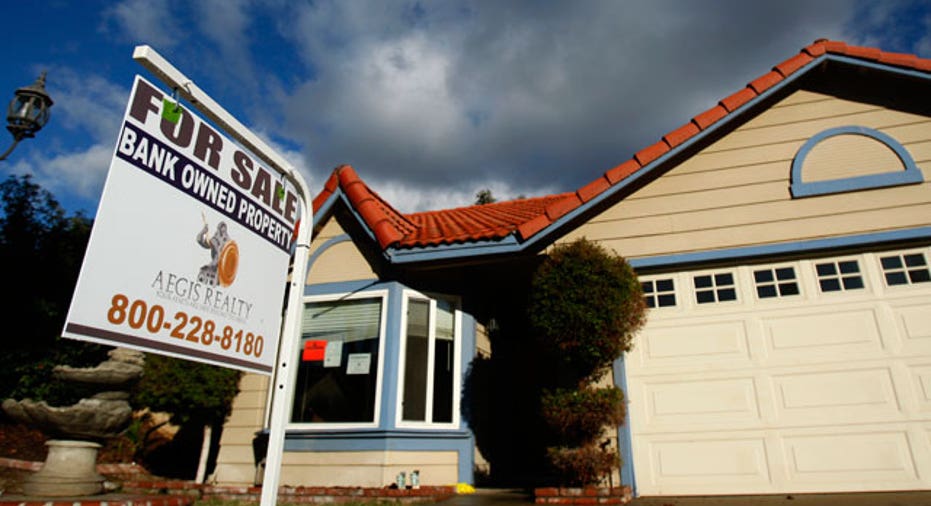Skip Bankruptcy with Foreclosure?

Dear Bankruptcy Adviser,
Must one have a bankruptcy in order for a house to be foreclosed? What are the steps to take for a property to be foreclosed?
-- Patricia
Dear Patricia,
It is hoped you can avoid filing bankruptcy because foreclosure can occur without bankruptcy.
In general, you only have one step to take for a mortgage lender to foreclose: Stop making your mortgage payment. Eventually, the lender will figure out you do not intend to pay and will unilaterally begin the foreclosure process.
Each state in the U.S. handles foreclosures differently. You must know your particular state procedures and whether you will face any liability after foreclosure completion. There are two types of foreclosure processes: judicial and nonjudicial. The states are split pretty evenly between the two procedures. Depending on the type of foreclosure state you live in, the time period from missed mortgage payment to foreclosure sale can range from five to 14 months.
In judicial foreclosure states, the foreclosure process is handled through the courts. The mortgage lender serves you with a complaint stating you are behind on payments and shows it has a valid lien against the property and has the right to foreclose. You will have an opportunity to show proof you are current on the mortgage as long as you respond to the complaint. Providing proof you are current is generally your only valid defense to the lender's complaint to foreclose.
If the court finds for the lender and against you, a judgment will be entered, a writ will be issued, and the mortgage lender will be authorized to sell the property through a sheriff's sale. This means the sheriff will sell the property at an auction open to the public, and allow anyone to bid and purchase the property.
Be sure to check your local foreclosure procedures carefully. The mortgage lender may have the right to come after you for the difference of the sale price and the loan balance at the time of sale. This means you could be liable to pay something even after the property is auctioned off -- and could mean bankruptcy if you can't pay.
In nonjudicial foreclosure states, the process is not handled through the courts but is established by state statutes. Each state's legislature has developed the steps by which a mortgage lender can foreclose; that process can vary from state to state.
In general, the process starts with the lender mailing out a default letter. After the owner fails to comply with the terms of the letter (to bring the mortgage current), the lender files an official "notice of default" with the local county recorder's office. In some states, the default letter and "notice of default" occur simultaneously. After a fixed period of time, the lender then files and mails out a "notice of sale."
It is important to note that each nonjudicial foreclosure state has different procedures. Some do not require a "notice of default," but start with a "notice of sale." Others require only the publication of the "notice of sale" to announce the sale, with no direct owner notification required. You need to know the specific procedure for your state.
The property is then sold at a public auction, and anyone is allowed to purchase the property.
You may not have any liability to the mortgage lender foreclosing on the property, but lenders of junior loans, such as second or third mortgages, could come after you to pay after the foreclosure is completed.
I hope this helps you make an informed decision.
Bankrate's content, including the guidance of its advice-and-expert columns and this website, is intended only to assist you with financial decisions. The content is broad in scope and does not consider your personal financial situation. Bankrate recommends that you seek the advice of advisers who are fully aware of your individual circumstances before making any final decisions or implementing any financial strategy. Please remember that your use of this website is governed by Bankrate's Terms of Use.



















